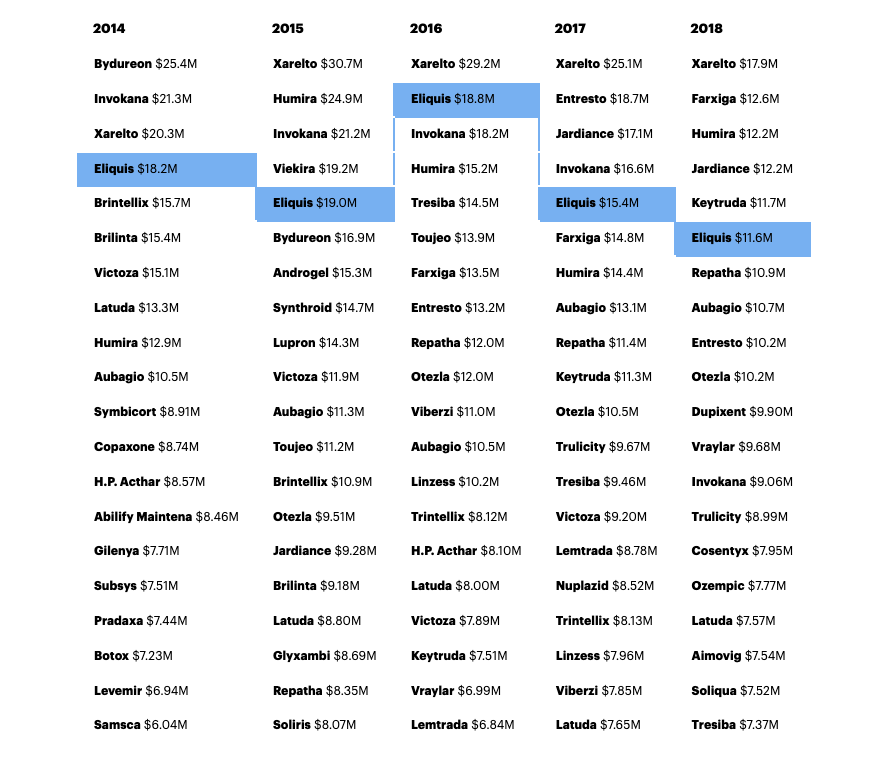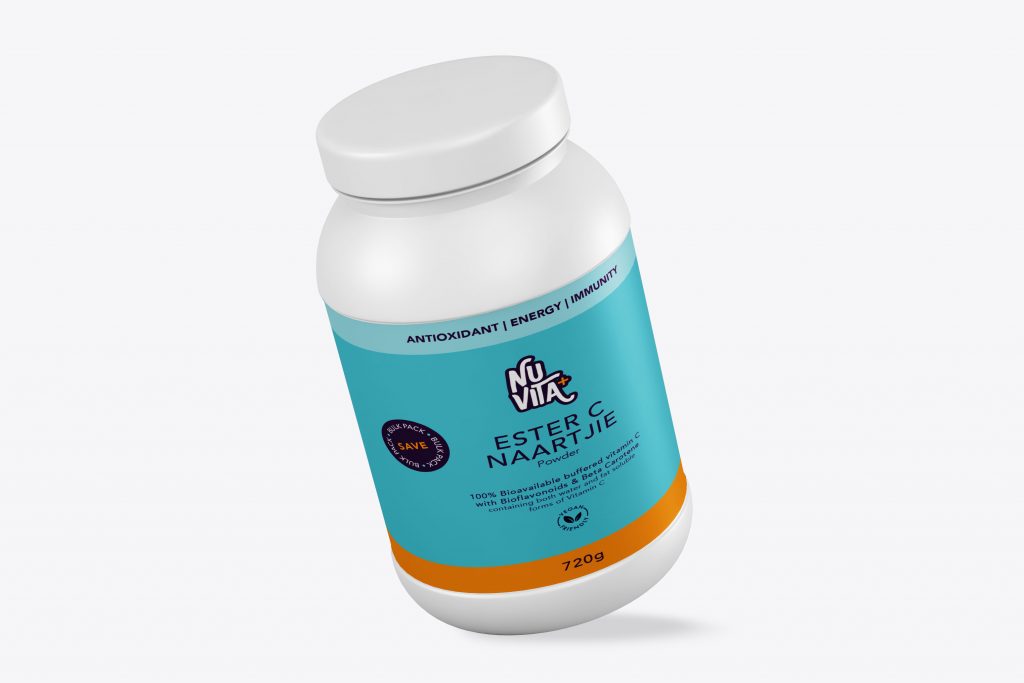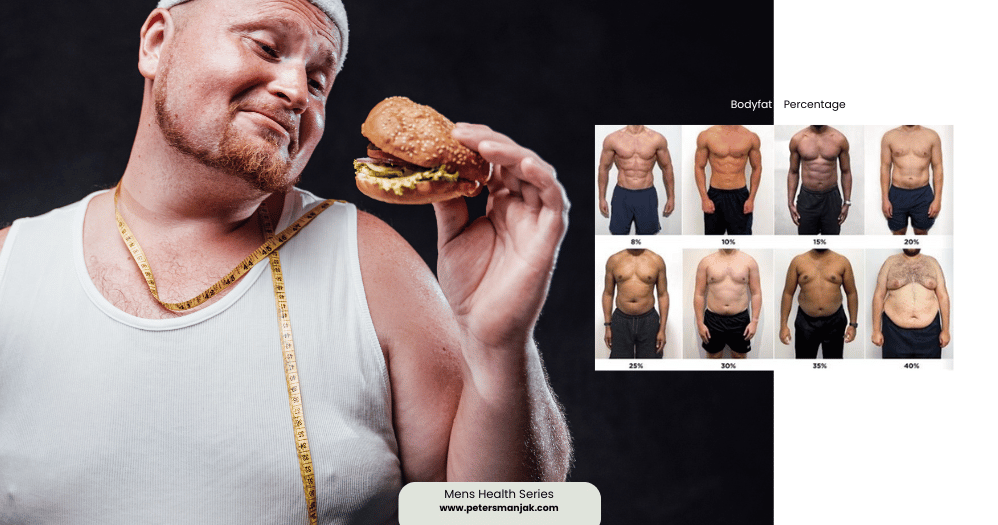How Industry Money Reaches Physicians

A Consumer Reports survey has found that patients say they would be concerned about the quality of care they receive from a doctor who is paid to promote a drug. And they said they want to know about such payments.
In a 2010 nationally-representative survey by Consumer Reports of 1,250 adults, more than three-fourths said they would be “very” or “somewhat” concerned about getting the best treatment or advice if their doctor were accepting drug-company money. And 70 percent said doctors should tell their patients about such payments if they are going to prescribe drugs from one of those companies.
There are about 1.1 million doctors in the United States. Over 700 Doctors were paid more than $1,000,000 by Drug and Medical Device companies.
Dr. Aaron P. Mitchell, a medical oncologist and health services researcher at Memorial Sloan Kettering Cancer Center, said his research has shown that when doctors interact more consistently with a drug company they are more likely to prescribe that company’s cancer drug. The drug industry, Mitchell said, “knows that they need to cultivate relationships over more time, so that’s what they’re really trying to do. It’s not just one drug meal. It’s consistency.”
ProPublica’s Dollars for Docs database contains payments to doctors and teaching hospitals from pharmaceutical and medical device companies made between August 2013 and December 2018. The disclosures were required under the Physician Payments Sunshine Act, a part of the 2010 Affordable Care Act.

The database includes “general payments” — 15 categories including promotional speaking, consulting, meals, travel and royalties. It does not include research payments nor does it include physicians’ ownership stakes in companies. Research payments will be included in Dollars for Docs in the future. Detailed descriptions of the payments can be found here.
The doctors included in the tool include medical doctors (MD), dentists, osteopaths (DO), optometrists, podiatrists and chiropractors. The tool does not include nurse practitioners and physician assistants (because companies are not required to report payments to them.) The tool also allows you to search teaching hospitals.
We’ve taken the payment reports, which were released by the Centers for Medicare and Medicaid Services, and compiled them into a single, comprehensive database that allows patients to search for their physician and receive a listing of all payments matching that name. We provide rankings for each doctor to allow comparisons to peers in the same specialty and state.
ProPublica’s analysis found that most doctors take payments, and that doctors who receive payments are, on average, more likely to prescribe a higher percentage of brand-name drugs. For each physician in Dollars for Docs, we document the number of payments he or she received, the total of those payments, and the number of different companies that paid him or her.
The bulk of each physician’s page is taken up by information on each payment he or she received, the company making the payment, the date of the payment, the names of the drugs and medical devices associated with the payment, and whether the payment was made to a third party entity. Sometimes, payments are not made directly to doctors but instead are provided to their universities, medical practices or research centers. We also note whether a doctor has disputed the payment.
By default, a physician’s page shows aggregate amounts received by year and details of payments in the most recent year reported. Users can display other years by using the dropdown at the top of each doctor page. Company and product pages display aggregate totals across all payment years (2013 to 2015).
Sometimes, more than one company makes payments related to a single drug or device. On each product page, we note the number of companies making payments, as well as the names of those companies. Each payment can also be attributed to more than one product, so we note the percentage of payments that relate only to that product (meaning no other products were mentioned in the payment).
Use the Data
Get the data that powers this investigation. A digital download is available for purchase in the Data Store.
ProPublica has published Dollars for Docs since 2010, at first using payment reports that certain companies were required to publish as part of legal settlements with the federal government. Often, these settlements were related to whistleblower lawsuits alleging improper marketing or kickbacks by the company.
ProPublica have made some effort to normalize the data and eliminate duplicates, but data is primarily as it has been reported by the companies to the Centers for Medicare and Medicaid Services.








